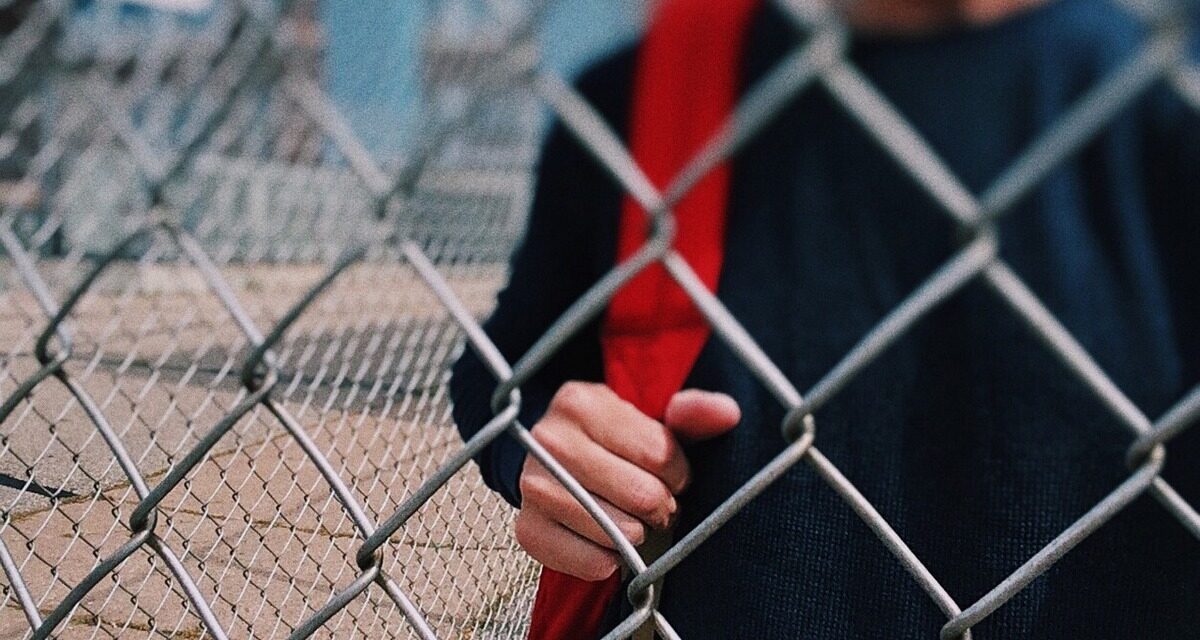The stress of starting school is a completely normal process that we all go through. Regardless, it should not be taken lightly at all, because it can easily turn into anxiety and even depression. Melinda Hal, a clinical psychologist and senior researcher at the MCC Learning Research Institute, explained what parents should pay attention to.
"Communication between parent and child is essential. Let's talk to the little ones, prepare them for what awaits them. For example, going from kindergarten to first grade is a huge leap, and the children's fear in this regard is understandable," Melinda Hal, a clinical psychologist and senior researcher at the MCC Learning Research Institute, told hirado.hu
What are the signs that a child is struggling with anxiety or depression about starting school?
Anxiety and depression can be triggered by many environmental and socialization factors. It could be failure, bullying at school or a less good class community.
Children develop somatization, that is, they react with physical symptoms without any underlying organic disease.
"Panic symptoms, sweating, turning inward, even verbally expressing that they don't want to go to school! Why go to school now? Why do you have to do something different than what they planned or what they want to do?” the expert continued.
The main symptoms of anxiety under the age of 12: abdominal pain, nausea, vomiting, diarrhea, frequent urge to urinate, feeling sick. Over the age of 12, headaches are usually the leading symptom of anxiety.
And this is where the timely detection of early signs of anxiety on the part of parents and teachers comes into play. Psychologist Melinda Hal said that prevention and reassurance are the most important things an adult can do in such cases.
"It is essential that the child feels in a safe environment. So you know who you can turn to if you have a problem. That is why it is important to develop a relationship of trust with the teachers," he emphasized.
Another very important factor with children is performance anxiety. It is a serious stress for them that they have to study, they get grades at school, sometimes better, sometimes worse. However, it is important to make the children understand that if they received a black mark or a lower grade, it is not because the teacher doesn't like them, but because their performance has become weaker, and with this they want to motivate them to get a better grade. Therefore, it is also worth educating children to tolerate failure.
"Let's encourage them, this is very important! Yes, it will work, try again! Many parents are neglecting this nowadays, even though it is a very important thing in order to ensure that a child does not lose his motivation."
The expert further recommended that parents should not feel that they have to keep quiet about their child's weaknesses or strengths in front of teachers. If our child is more lively than the rest of his peers, or if he is just for himself, let us inform the class teacher about this, who will deal with him accordingly at his best discretion. Because we actually do our best when there is a three-way communication between the teacher, the parent and of course the school child.
When should you consult a specialist about your child's anxiety about starting school?
In the first instance, parents should open up to their children, since with open and honest communication, adults have a chance to remedy the problem. However, if the anxiety is already at the expense of the quality of life, for example the child does not want to come out of his room, does not want to play with friends, does not speak to anyone, so there are sudden changes in attitude and behavior, then it is worth thinking about asking for professional help.
Photo: WOKANDAPIX / Pixabay













